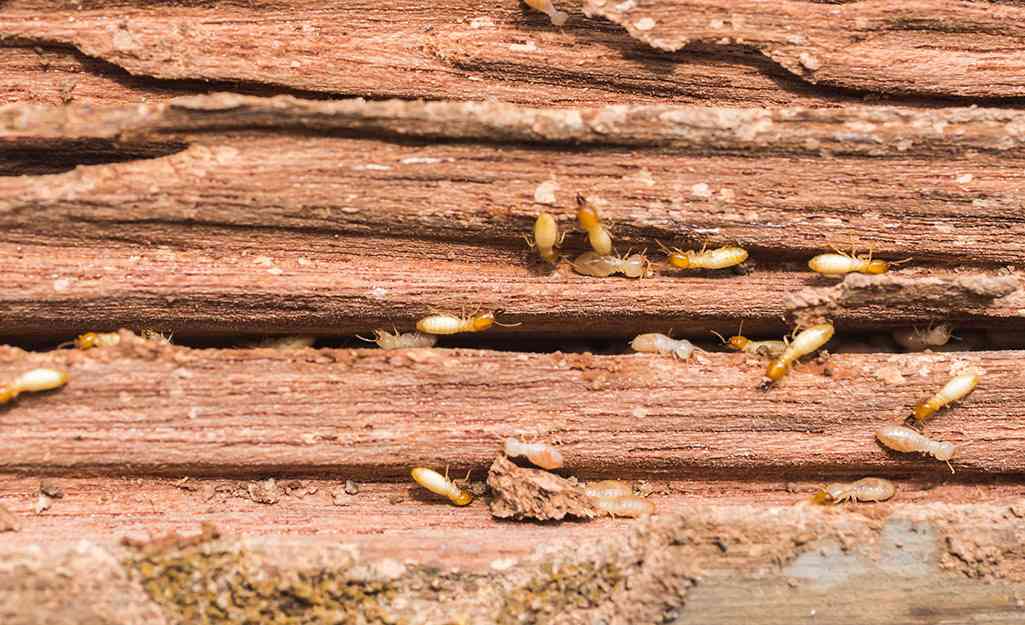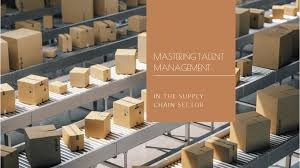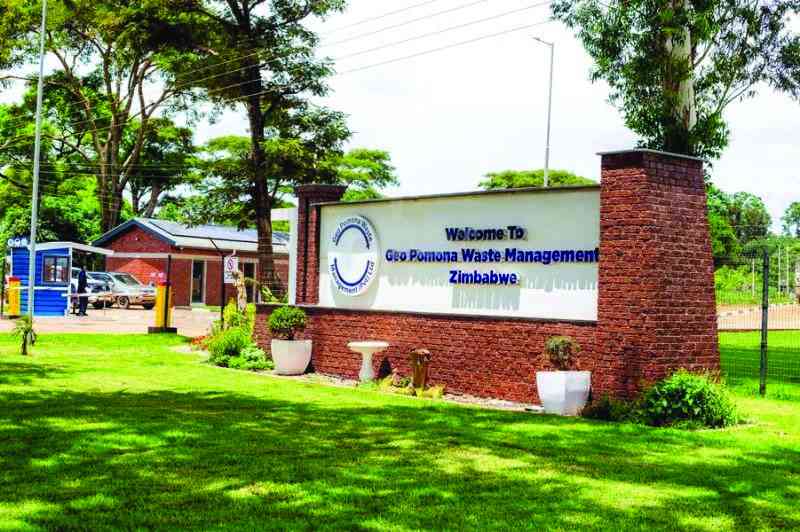
TERMITES are silent destroyers that have been expanding their colonies and wreaking havoc in Harare, causing significant structural damage to properties.
This situation could very well be widespread across the country, unfortunately, many people are not paying attention to this growing problem, which can lead to severe consequences for property owners.
This instalment explores the reasons why property owners should pay attention to termite infestations and the impact of termites on properties in Harare. Calling in professional termite controllers is the best way to treat termites but with disposable incomes diminishing, and professional termite companies charging a minimum of US$150 to US$250 per treatment, this instalment has provided household remedies for treating termites to mitigate the damage caused.
Termites are social insects that live in colonies and feed on wood and cellulose-based materials, making them a significant threat to properties worldwide.
In Harare, the capital city of Zimbabwe, termite infestations have been on the rise, causing extensive damage to buildings and structures.
Despite the destructive nature of termites, many property owners in Harare are not paying attention to this growing problem, which can result in costly repairs and structural instability.
This instalment also aims to highlight the impact of termite infestations on properties in Harare and the importance of raising awareness about the importance of addressing this issue.
The expansion of termite colonies
Termites are social insects that live in colonies consisting of workers, soldiers, and reproductives. These colonies can grow rapidly and expand their territory, making them a formidable threat to properties in Harare.
The warm climate and abundance of wood-based materials in Harare provide an ideal environment for termites to thrive and proliferate. As a result, termite infestations have become increasingly common in both residential and commercial properties in the city.
The expansion of termite colonies in Harare is a cause for concern due to the significant structural damage they can cause.
Termites feed on wood and cellulose-based materials, such as timber, paper, and plant debris, which are commonly found in buildings and structures.
Termites have also been found penetrating and feeding on certain varieties of plants. As termites tunnel through these materials to gather food for their colonies, they weaken the structural integrity of the affected properties, leading to potential safety hazards and costly repairs.
The impact of termites on properties
The impact of termites on properties in Harare can be devastating, causing structural damage like cracks, weakening foundations and creating huge holes underground that compromises the safety and stability of buildings.
Some of the key consequences of termite infestations include but are not restricted to the following:
Structural damage: Termites can hollow out wooden beams, floors, and other structural components of buildings, leading to sagging floors, cracked walls, and ceilings, and even structural collapse in severe cases.
Financial loss: Repairing termite damage can be expensive, especially if the infestation is extensive and has been left untreated for an extended period. Property owners may incur significant costs to restore the structural integrity of their buildings and replace damaged materials.
Decreased property value: Termite infestations can significantly reduce the value of properties in Harare, making them less desirable to potential buyers or tenants. A history of termite problems can also deter investment and affect the resale value of properties.
Safety hazards
Weakened structures due to termite damage pose safety risks to occupants of buildings, as they may be at risk of injury or harm in the event of a structural failure. Ensuring the structural integrity of properties is essential for the safety and well-being of residents.
Why attention to termite infestations
Given the significant impact that termites can have on properties in Harare, it is crucial for property owners to pay attention to termite infestations and take proactive measures to address them.
Some of the key reasons why property owners should prioritise termite control and prevention include:
Protecting property investments: Properties are valuable assets that require protection and maintenance to retain their value and integrity. By addressing termite infestations promptly and implementing preventive measures, property owners can safeguard their investments and avoid costly repairs in the future.
Ensuring structural integrity: The structural integrity of buildings is essential for the safety and well-being of occupants. Ignoring termite infestations can compromise the stability of structures, leading to safety hazards and potential accidents.
Property owners have a responsibility to maintain the structural integrity of their buildings to protect the occupants and prevent costly repairs.
Preventing further damage: Termite infestations can spread rapidly and cause extensive damage if left unchecked. By addressing termite problems early on, property owners can prevent further damage to their buildings and limit the financial impact of repairs. Taking proactive measures to control termites can save property owners time, money, and stress in the long run.
Upholding property value: Maintaining a termite-free property is essential for preserving its value and attractiveness to potential buyers or tenants. Properties with a history of termite infestations may be perceived as less desirable and may command lower prices in the real estate market. Property owners can protect their investment anduphold the value of their properties by proactively addressing termite infestations and ensuring that their buildings remain in optimal condition.
Environmental considerations
Termites play a crucial role in the ecosystem by breaking down dead plant material and recycling nutrients back into the soil.
However, when termites infest buildings and structures, they can cause harm to the environment and disrupt the balance of ecosystems.
By controlling termite infestations in a responsible manner, property owners can minimise the environmental impact of these pests and protect the surrounding ecosystem.
Household remedies
While professional pest control services are often recommended for severe termite infestations, there are several household remedies that property owners in Harare can use to treat termites and prevent further damage.
These remedies are cost-effective and can be implemented as part of a comprehensive termite control strategy. Some effective household remedies for treating termites include:
Vinegar
Vinegar is a natural insecticide that can help deter termites and prevent them from infesting wooden structures. Mix equal parts of vinegar and water in a spray bottle and apply the solution to areas where termites are present or likely to infest.
Borax
Borax, also known as sodium borate, is a natural mineral that is toxic to termites when ingested. Mix borax with water to create a paste and apply it to wooden surfaces that are susceptible to termite infestations. Termites will consume the borax and die, helping to control the infestation.
Orange oil
Orange oil contains d-limonene, a compound that is toxic to termites and can help eliminate termite colonies. Apply orange oil directly to termite-infested areas or use it as a preventive treatment to deter termites from entering buildings.
Diatomaceous earth
Diatomaceous earth is a natural powder made from fossilized algae that can be used to kill termites by dehydrating their exoskeletons.
Sprinkle diatomaceous earth around the perimeter of buildings or on termite-infested areas to control the infestation.
Cardboard traps
Cardboard traps can be used to attract termites and monitor their activity in buildings. Place moistened cardboard near areas where termites are present and inspect it regularly for signs of termite infestations. Once termites are attracted to the cardboard, remove and dispose of it to reduce the termite population.
Raising awareness
Raising awareness about the impact of termites on properties in Harare and providing guidance on termite control and prevention are essential steps in addressing this pressing issue.
By working together with the City authorities to combat termite infestations, property owners can protect their investments and safeguard their properties.
Conclusion
Termites pose a significant threat to properties in Harare, causing structural damage and financial losses for property owners. Despite the destructive nature of termites, many people are not paying attention to this growing problem, which can have severe consequences for buildings and structures in the city.
It is essential for property owners to be aware of the signs of termite infestations, take proactive measures to address them, and implement effective termite control strategies to protect their investments and ensure the safety of occupants.
By prioritising termite control and prevention, property owners can mitigate the damage caused by termites, uphold the value of their properties, and contribute to a healthier and safer environment for all.
Implementing household remedies for treating termites can be a practical and cost-effective way to address termite infestations and prevent further damage.
However, for severe infestations, professional pest control services may be necessary to eradicate termites effectively.
- Ndoro-Mkombachoto is a former academic and banker. She has consulted widely in strategy,entrepreneurship and private sector development for organisations that include Seed Co Africa, Hwange Colliery, RBZ/CGC, Standard Bank of South Africa, Home Loans, IFC/World Bank, UNDP, USAid, Danida, Cida, Kellogg Foundation, among others, as a writer, property investor, developer and manager. — @HeartfeltwithGloria/ +263 772 236 341.










